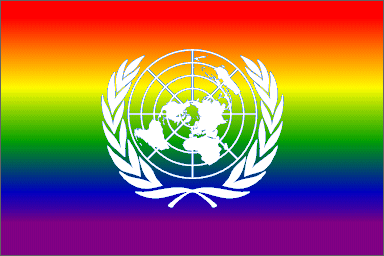52 countries, including the United States, have called on the United Nations Human Rights Council to protect the rights of intersex individuals.
In a statement delivered on Monday, the countries called on the UN Council to protect the health and autonomy of those in the global intersex community, citing the “need for concrete measures to combat harmful practices, violence, and discrimination based on sex characteristics.”
A representative from Austria spoke on behalf of the coalition before the Council, stating that despite protections in place that guarantee equal treatment for all individuals, intersex persons continue to suffer from discriminatory treatment with regards to access to education, healthcare, and other social entitlements.
“In order to address these challenges, there is an urgent need to combat discrimination on the basis of sex characteristics and address its root causes, such as gender stereotypes, spread of inaccurate information, stigma, taboo, and pathologization,” the representative said. “For these reasons, there is also a clear need to raise awareness about the human rights of intersex persons.”
The coalition also called on the UN Council to protect intersex persons from violence by ensuring that nations’ laws “must adequately protect intersex persons from hate crimes, including those fueled by hate speech, both online and offline.”
The member countries also addressed the need for intersex individuals to live free of harmful healthcare practices such as unnecessary surgeries, hormonal treatments and nonreversible procedures performed without their consent or full consent.
Intersex individuals are those who are born with what could be categorized as ambiguous sex characteristics, including variations on genitalia, hormone production, internal sex organs and secondary sex characteristics. In many countries around the world, they are subject to unnecessary medical procedures to reverse these variations. Such practices are especially common on children under the age of two, the Human Rights Campaign (HRC) reports.


What Do You Think?